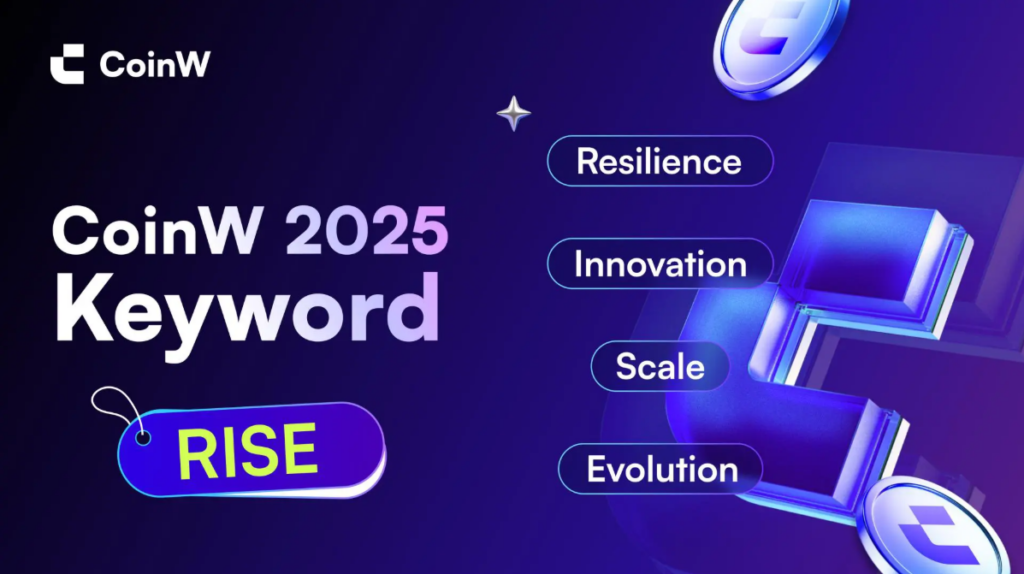Mark Cuban, an entrepreneur, suggested that Bitcoin might potentially become a worldwide reserve asset due to geopolitical instability and increasing inflationary pressures. He emphasized other elements that could impact the trajectory of Bitcoin and its acceptability in the wider financial scene.
Cuban highlighted an increasing endorsement of former President Donald Trump among Silicon Valley, implying that this development may indicate a deliberate “Bitcoin strategy” by the Big Tech industry.
The United States’ geopolitical influence has faced growing scrutiny, and the anticipated exacerbation of inflationary pressures resulting from future tax reductions pledged by Trump might potentially serve as catalysts for driving up the value of Bitcoin. Although Cuban did not make definite predictions, he acknowledged that these occurrences were potentially feasible.
The discourse surrounding the potential ascent of Bitcoin is intricately linked to the persistent difficulties encountered by fiat currencies, namely in the realm of inflation. Despite its status as the main currency for international trade and savings, the US dollar has not been unaffected by the consequences of printing money to combat inflation.
As a result, there has been a growing interest in alternative assets such as Bitcoin, which is seen by many as a means of protecting against inflation. Paul Ryan, the former Speaker of the House in the United States, has expressed his opinion on the matter, specifically addressing the potential impact of stablecoins on maintaining the global supremacy of the dollar.
Examining the situations in Venezuela and Argentina offers insight into the increasing dependence on digital assets in the face of inflation and instability. In Venezuela, the imposition of sanctions, rampant government corruption, and uncontrollable inflation have compelled several individuals to seek financial respite through the use of cryptocurrency. In Argentina, the people have progressively turned to digital currencies as a method to safeguard their wealth from the detrimental effects of inflation.
Mark Cuban’s conjectures underscore a wider pattern of increasing curiosity and capital allocation towards Bitcoin and other digital assets as potential safeguards against economic volatility. Despite the uncertainty of the future, the growing geopolitical tensions and inflationary pressures highlight the possibility of Bitcoin having a more important role in the global financial system.
In January of this year, German authorities purchased over 50,000 Bitcoins, which were worth around $1.96 billion, as part of the Movie2k investigation. This case pertains to the illicit platform Movie2K. This sale is a crucial milestone in the case, as it emphasizes the intricate legal and financial challenges associated with confiscated digital assets.
In accordance with German legislation, these transactions are carried out to prevent significant depreciation of value during judicial processes. The proceeds generated from these sales are placed in escrow until a court can ascertain their ultimate allocation.
The German government’s sale of around 50,000 Bitcoin, associated with the Movie2k case, signifies a significant development at the crossroads of cryptocurrencies and legal processes. The sale yielded an estimated 2.6 billion euros and influenced the market value of Bitcoin. While the legal proceedings are ongoing, the funds are being held in escrow, awaiting the court’s final ruling on their permanent seizure.
Creditors of Mt. Gox are experiencing heightened worry due to reports of numerous fraudulent login attempts on their accounts. Members of the ‘r/mtgoxinsolvency’ subreddit, which is focused on Mt. Gox creditors, have reported receiving multiple warnings about unauthorized login attempts on their accounts.
This has raised concerns about a possible brute-force attack specifically targeting Mt. Gox creditors. Certain members of the community speculate that these instances may be indicative of a synchronized cyberattack, while others propose that the issues could be attributed to a technical malfunction on the Mt. Gox website.
Following the reported problems, the Mt. Gox website switched to maintenance mode, displaying a message on the site that said, “We appreciate your patience.” Kindly wait a little time and then revisit this page. Mt. Gox’s action is perceived as an effort to tackle the current issues and maybe prevent any malevolent behavior.
The upheaval occurs at a crucial moment for Mt. Gox creditors, as the bankrupt crypto exchange has been allocating 36% of the Bitcoin that is owed to them.
Recently, a total of 140,000 BTC, with an approximate worth of $9 billion, was moved to a recognized cold wallet and two undisclosed addresses, indicating substantial advancement in the reimbursement procedure.



